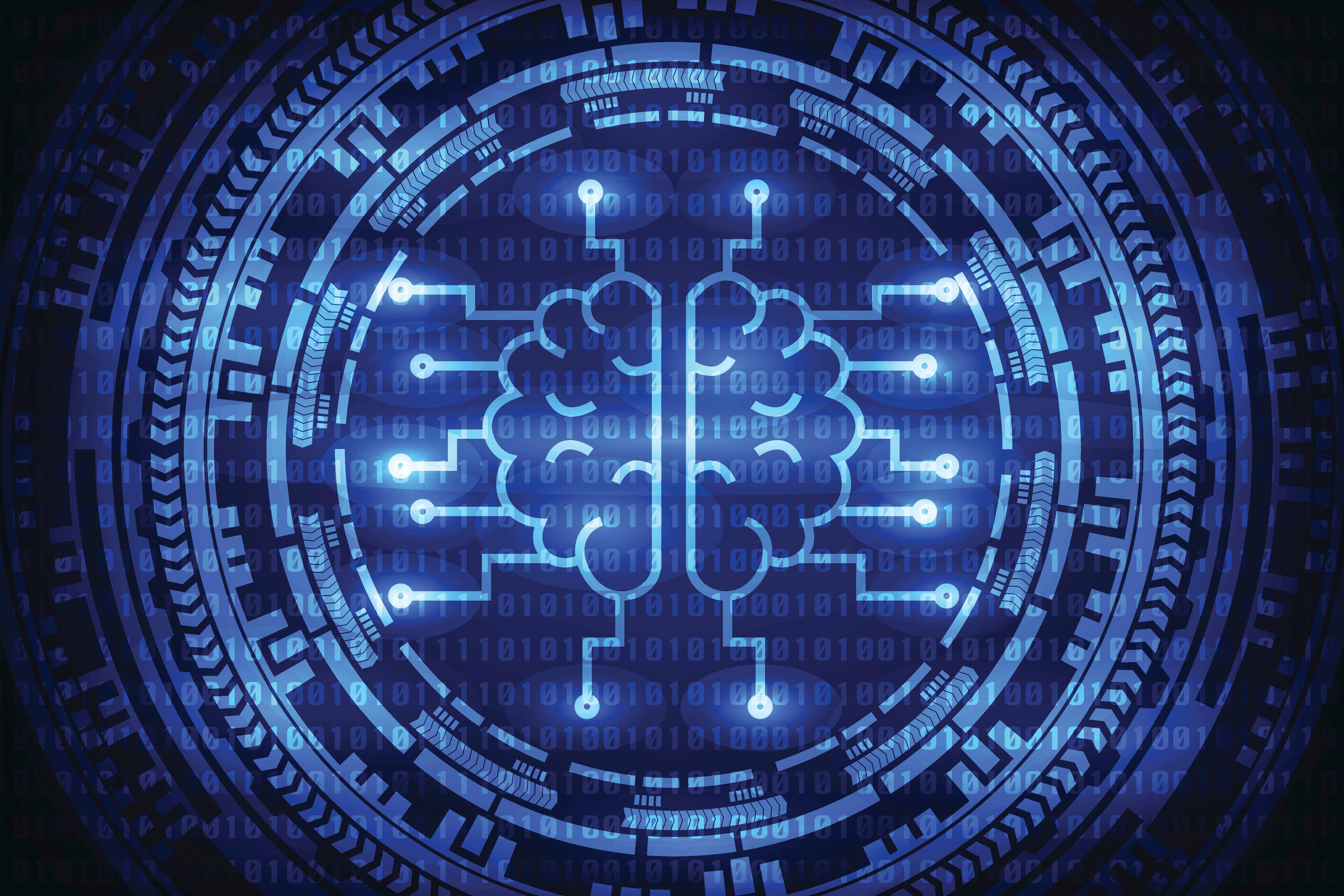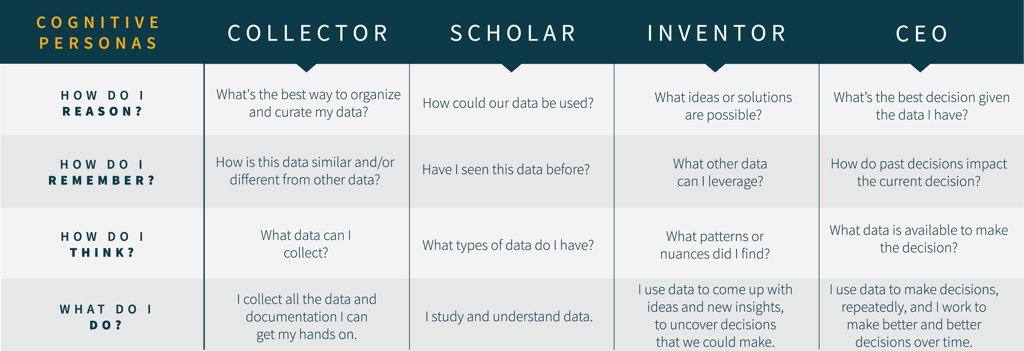
Executives are faced with an evolving challenge related to the "cognitive era." There is an unending, growing pressure from competitors, analysts, and vendors to invest in artificial intelligence (AI) and machine learning (ML), or "cognitive." Be wary. The AI trap is this: executives know there is tremendous potential with artificial intelligence and they also know they have goals for their business for next year, so they simply combine them and assume AI MUST be the answer to their goals. My advice is don't fall into the trap of letting the "legend" of AI take over, but focus on value instead.

We all know we need to make investments in AI , but how? AI isn't just an investment in technology; it's also an investment in people as well as fundamental changes to how the business operates. Changes like this are disruptive. A recent Gartner article stated that "By 2020, 20% of companies will dedicate workers to monitor and guide neural networks." If that prediction for 2020 is correct, what can companies do in 2018?
I've said many times before that AI and ML technologies are powerful, but they're not magic. Executives will have many discussions about AI and it's critical to make sure every one of those discussions emphasizes progress towards the goal just as much as it does the technology or capability. Let's unpack that a bit more...
Reason, Remember, Think
If we look at the core definition of AI, it relates to our ability to reason, remember, and think. I think we can all relate to those words, which make them great candidates for a framework. We all love frameworks, right? I think these three words really work, particularly when assessing the potential for AI to help address a current challenge. Here's a simple example:
We've found that there is oftentimes one common thread when assessing jobs through the lens of thinking, reasoning, and remembering. The common thread? data. The more data, the more challenging each of these AI tasks is. The less access an individual has to reliable or timely data, the more problems the function typically exhibits. For example, think about evaluating credit or market risks, determining the best offers for a customer, assessing independence issues, or prioritizing the work of a 100 person operational team? These types of jobs require a lot of data to think, reason, and remember, and ultimately make sound decisions each day.
An AI Team
At Kingland, we're investing in AI more than any other area and our teams are thinking about AI in creative ways. One of the ways we're tackling problems for our clients is by taking this AI framework of thinking, reasoning, and remembering a step further and personifying the functions of AI software into a "team." Effectively, if you could hire the ultimate team of people to solve your problem, what would their roles be? We think the ultimate team would consist of a collector, a scholar, an inventor, and a CEO. Here's a table to help you understand how we're approaching AI, and maybe help you with your 2018 planning as well. Think this team could help you?

These Stories on Text Analytics



No Comments Yet
Let us know what you think